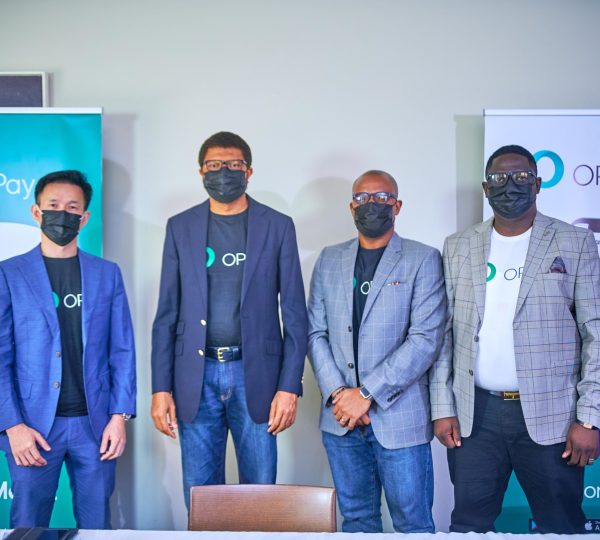The Regulatory Ordeal of Wallet Banking in Africa

Africa is experiencing a surge in mobile wallet adoption, driven by a largely unbanked population and the increasing penetration of smartphones. The failures of some major commercial banks in delivering seamless digital services also contributed a great deal to this growth. The likes of Opay, Moneypoint, and Mpesa have been able to provide ‘real’ digital solutions that Africa needs, and they seem to be doing it reasonably well. However, this rapid growth is accompanied by a complex regulatory landscape that presents challenges for wallet providers, regulators, and consumers. This article explores the current state of wallet banking regulations in Africa, the recent ban on new accounts in Nigeria, and the ongoing battle against fraud.
A Fragmented Regulatory Landscape
Across Africa, regulations for wallet banking vary significantly. Some countries, like Kenya with its M-Pesa success story, have established clear frameworks for mobile money services. Others, however, have limited or outdated regulations, creating uncertainty for businesses. A 2023 report identified this regulatory fragmentation as a key barrier to financial inclusion across the continent.
Central banks often play a central role, issuing licenses, setting operational guidelines, and dictating compliance standards. These standards can range from stringent Know Your Customer (KYC) requirements to more flexible approaches. This inconsistency creates a headache for wallet providers who may need to adapt their operations depending on the country they operate in.
About a week ago, Nigeria’s central bank, the Central Bank of Nigeria (CBN), imposed a temporary ban on the opening of new mobile money accounts. The CBN cited concerns about rising fraud and the need to safeguard financial stability as reasons for the ban. This decision sent shockwaves through the fintech industry, especially customers, who rather than realize the effort to make the service more secure are afraid instead; suspecting that this might just be the beginning of the much-feared ‘crash’. According to the new reports, this new directive will affect fintech companies such as OPay, Palmpay, Kuda Bank, and Moniepoint, from opening new accounts until further notice.
KYC: Balancing Inclusion and Security
Lax KYC practices in some African countries pose a significant challenge to fraud prevention. Weak identity verification processes make it easier for criminals to exploit the system, eroding consumer trust and hindering wider adoption. However, overly stringent KYC requirements can create barriers for the unbanked population, defeating the very purpose of financial inclusion.
The key lies in striking a balance. Some wallet providers, like Ghana-based Zeepay, have implemented tiered KYC structures. This allows for basic accounts with lower transaction limits to be opened with simpler verification processes while offering advanced features and higher limits to users who complete more rigorous KYC checks. This approach promotes financial inclusion while mitigating some of the fraud risks associated with weaker verification.
Mobile wallets could be prone to fraud in fact; common threats include SIM card swaps, phishing attacks, and unauthorized transactions. Wallet providers need to be proactive in combating fraud. Implementing robust transaction monitoring systems, two-factor authentication, and real-time alerts is crucial. Collaboration between financial institutions, regulators, and law enforcement agencies plays a vital role in information sharing and apprehending criminals.
Some homegrown African fintechs are leading the way already by finding the balance between promoting flexibility to encourage massive financial inclusion while mitigating risks and ensuring that their platforms do not become ready tools for the proliferation of fraud. In our recently published Case Study, you’ll gain insights from 5 industry leaders like Orange Money, Branch, and Flutterwave, exploring their groundbreaking mobile money solutions, innovative APIs, and successful strategies in our new case study.
Download the full report via the link: https://www.pierrine-consulting.com/expertise/resources/cracking-the-code-of-fintech-innovation-in-africa/
Educating users about cybersecurity best practices is paramount; Opay for instance has realized this and is doing a major drive in this regard through various in-app notifications and prompts that have altered the user journeys progressively in an attempt to safeguard its users. Wallet providers should invest in user awareness campaigns that teach them how to recognize phishing attempts, protect their login credentials, and keep their devices secure.
Transparency in communication is equally important. Openly discussing security measures taken by the platform builds trust with consumers. Highlighting successful campaigns to combat fraud can further bolster user confidence. Ultimately, a seamless and secure user experience is essential for the widespread adoption of wallet services.
The regulatory landscape for wallet banking in Africa is evolving rapidly; the rules are still being written, as stakeholders discover the full potential of this potent tool for financial inclusion in Africa. While challenges exist, the potential benefits of financial inclusion are undeniable. By working together, regulators, wallet providers, and consumers can create a secure and inclusive financial ecosystem that empowers the continent’s growing mobile-first population.
Ready to invent the future?
Our teams possess extensive in-market experience that drives measurable growth for brands. Please reach out to us to learn more.
